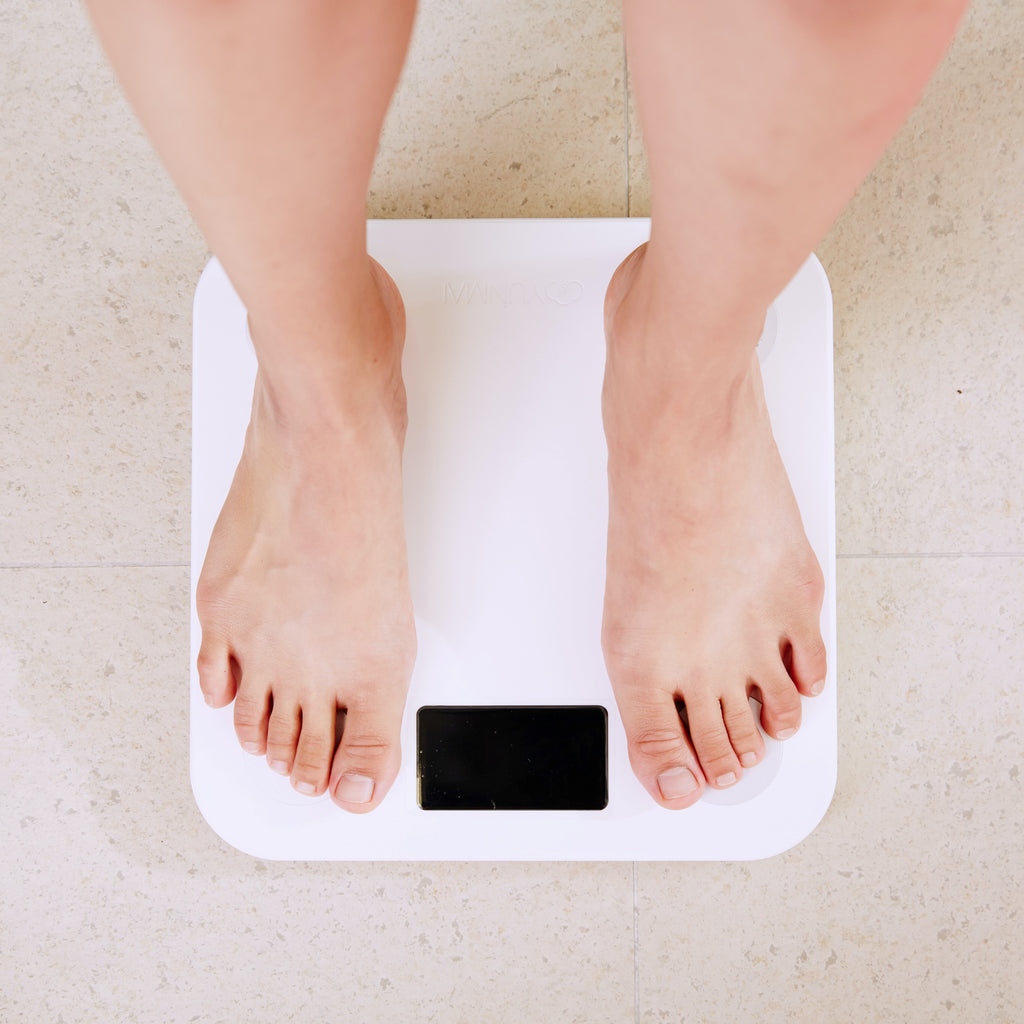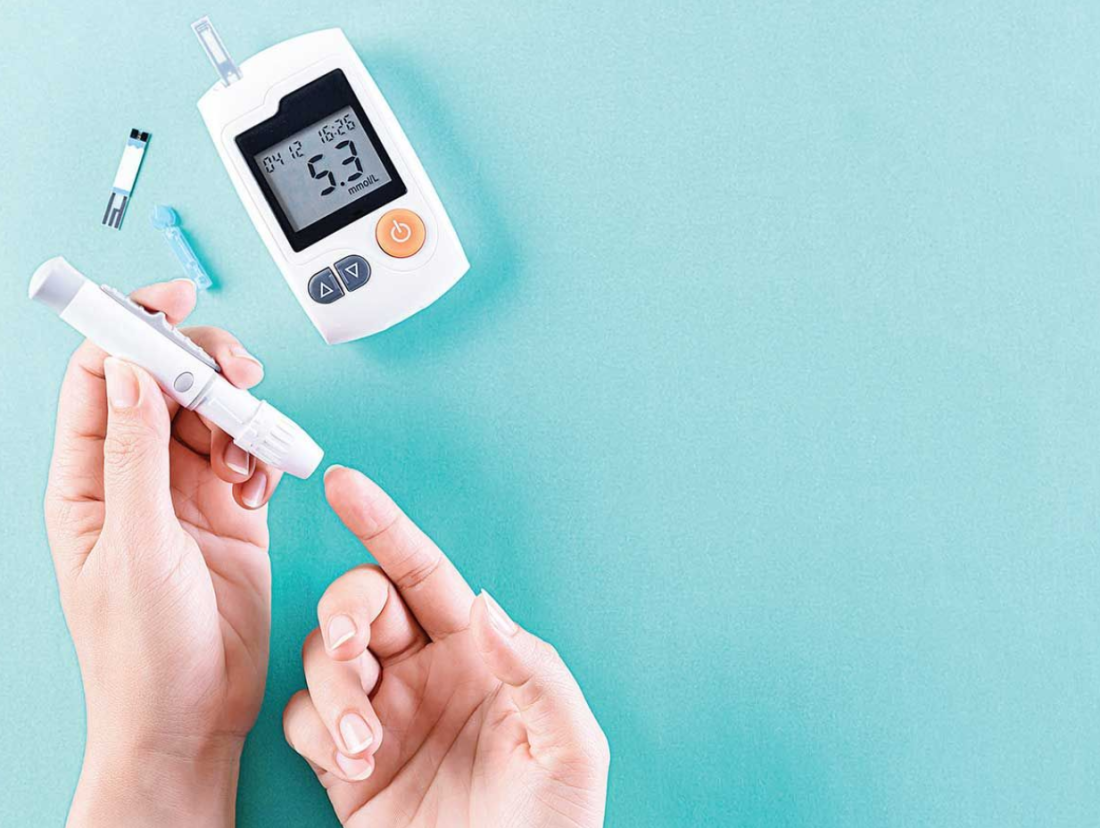Can Diabetes Cause Hair Loss? Tips For Healthy Hair Management
Table Of Content

People with diabetes experience various symptoms and health problems, one of which is hair loss. Losing your hair can be a distressing experience, but you’re not alone. Some people who have diabetes and shin spots have a higher risk of developing complications from diabetes like neuropathy, which is nerve damage that can lead to weakness, numbness, and pain. A dermatologist is a medical doctor who specializes in treating the skin, hair, and nails. If hair loss persists or worsens, consider consulting with a dermatologist specializing in hair loss treatment.
Can too much sugar cause thinning hair?
But such regimens are very difficult to stick with over the long term. Meditation is an effective method to reduce levels of the stress hormone cortisol. Studies have shown a reduction of up to 20% in cortisol values with just 20 minutes of meditation per day. While harmless, having numerous skin tags may be a sign that you have too much insulin in your blood or type 2 diabetes.
Lifestyle Changes
Can diabetes cause joint pain, sexual health disorders in men? Expert answers - Hindustan Times
Can diabetes cause joint pain, sexual health disorders in men? Expert answers.
Posted: Sun, 29 Oct 2023 07:00:00 GMT [source]
This is particularly true as even healthy people experience decreased hair growth speed as they age. So, it’s critical that people with diabetes understand the pattern with which they’re losing hair and determine if it’s diabetes-related or not. Another cause of hair loss for people with diabetes is the effects of medications. Medications usually have one side effect or the other, and some affect hair growth.
Special Health Reports
Does Ozempic Cause Hair Loss? What Doctors Want You to Know - First For Women
Does Ozempic Cause Hair Loss? What Doctors Want You to Know.
Posted: Tue, 12 Mar 2024 07:00:00 GMT [source]
Especially common in patients with type 1 diabetes, hypothyroidism is an autoimmune disease that can cause significant hair loss. One major sign diabetics should look out for is if handfuls of hair are lost during bathing or combing. If the hair loss leaves uneven patches over the scalp, it’s likely a case of alopecia areata triggered by high blood sugar.
Others may not regrow their hair or may experience hair loss periodically throughout their lives (Darwin, 2018). There’s a lot we don’t know about this condition, but the amount of hair loss early on seems to indicate how well the hair will regrow later on (MacLean, 2013). A 2013 study analyzed the prevalence of AA in 3,568 individuals between 2000 and 2011.
Tips for managing hair loss

It is also possible that metformin may cause hair loss indirectly. Taking metformin long-term may increase the risk of vitamin B-12 deficiency, which can sometimes cause hair loss. Other potential causes of hair loss may relate to a person’s medical condition rather than the use of metformin to treat it. Metformin might also reduce the risk of hair loss in people who take it to treat PCOS, according to a randomized clinical trial from 2016. Ongoing and intense stress is a well-known cause of hair loss—and managing a chronic condition like diabetes can certainly cause a lot of stress (Al Aboud, 2021).
Diabetes-related inflammation can cause this cycle to accelerate or stall. In particular, the inflammation can damage your hair follicles, where your hair starts its growth. When these follicles are inflamed, they may not produce hair as efficiently, leading to the excessive shedding you might notice. The answer to the question "Can diabetes cause hair loss?" is yes there's a connection. Hair loss is one of the lesser-known symptoms that can arise in individuals with diabetes.

Unfortunately, there’s not much data on the prevalence of diabetes-related hair loss. There’s some evidence that biotin supplementation may slow hair loss in people with biotin deficiencies. If alopecia is causing your hair loss, your doctor may prescribe steroid medications to reduce inflammation. Once blood sugar management is improved, you should notice a reduction in hair loss. If you have diabetes, your body doesn’t produce insulin, doesn’t use it effectively, or both.
Dealing with diabetes requires daily self-management and can be tiring. Adding hair loss to your diagnosis may feel overwhelming, but rest assured, there are ways to slow down hair loss, prevent it, and stimulate hair growth. Hypergylcemia can also cause hair thinning, hair fragility, spareness of hair, or decreased speed of hair growth. Insulin resistance could produce microvascular impairment, thus playing a role in the pathophysiology of a hereditary cause of hair loss called androgenic alopecia. The major advantage that diabetes experts offer is their ability to diagnose whether the condition causes the issue of hair loss or not.
There are medicinal and natural treatments that can help stimulate hair growth. Diabetes can cause hair loss, and it impacts both type 1 and type 2 diabetes patients. The primary factors contributing to hair loss in individuals with diabetes include uncontrolled blood sugar levels, hormonal imbalances, stress, and certain medications.
Eating a balanced diet can also help with managing diabetes and preventing hair loss. Foods that you can incorporate into your diet include those rich in iron, zinc, biotin, vitamin D, and fiber. You can also use supplements under medical supervision to make up for the nutrient deficiencies if food intake alone cannot provide you with sufficient nutrients. Please consult your doctor for a comprehensive medical exam to determine whether you have any deficiencies. If you're already experiencing male pattern baldness or female pattern hair loss due to diabetes, don't lose hope!
Cardiovascular damage restricts the blood flow that the brain needs to function. This symptom may indicate an underlying medical condition, or it may be a side effect of an OTC or prescription medication. People with permanent hair loss may wish to consider a hair transplant.
An immune system disorder usually triggers what’s known as an autoimmune disease. Individuals with particular concerns about hair loss should ask the doctor for recommendations on how to reduce or stop hair loss. Excess weight is a major risk factor for the development of type 2 diabetes, and weight loss is often recommended for those with excess weight and type 2 diabetes. Calorie restriction—reducing overall calorie intake—is a mainstay of most weight loss programs.
If high blood sugars are causing alopecia, stabilizing it as quickly as possible with drugs, diet, and lifestyle changes may help curb and hopefully reverse the condition. Did you know that there is a relationship between diabetes, thyroid dysfunction, and hair loss? People with diabetes, particularly type 1 diabetes, have a higher risk of developing both hyperthyroidism and hypothyroidism. In fact, your blood sugar concentrations affect hair so directly that your hair preserves evidence of your recent blood glucose history. Some researchers have even proposed using chemical analysis of hair to improve upon a traditional A1C measurement.
He has created departments geared towards this specialized practice as well as written blogs and a book about the topic. In addition to nicotine, cigarettes and cigarette smoke contain more than 7,000 components. Health experts recognize smoking as a major preventable cause of premature death and disability in the United States.
Comments
Post a Comment